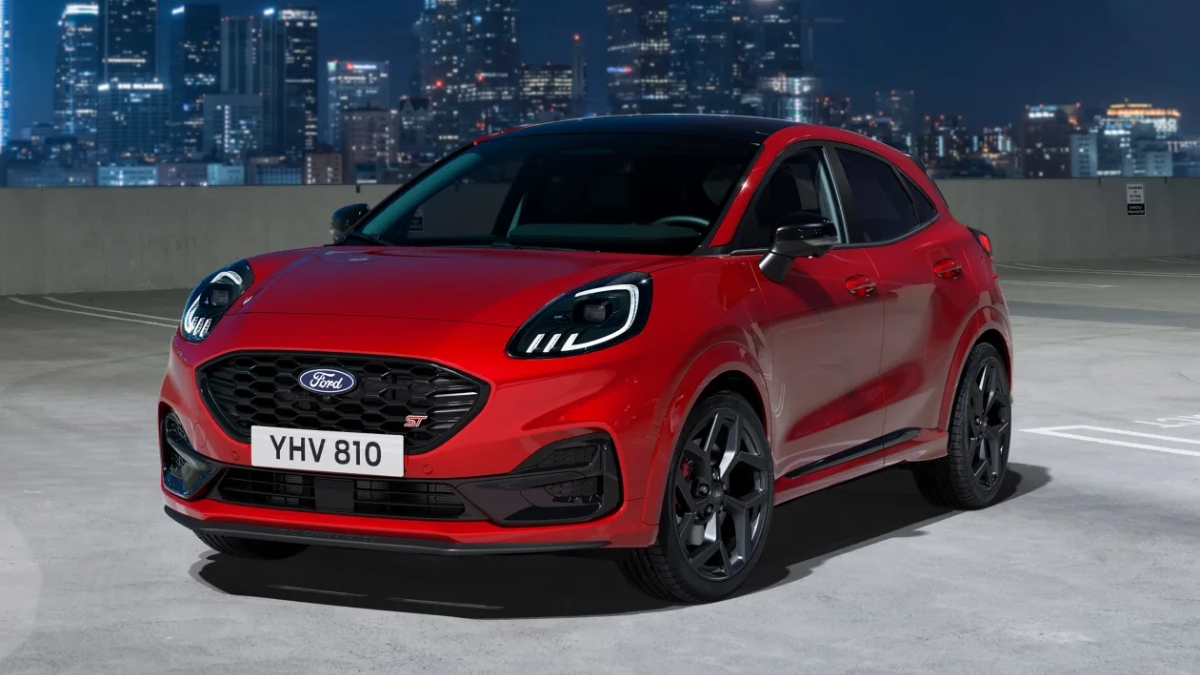Ford Puma Takes the Crown as 2024’s Best-Selling Car, Tesla Y Wins in EV Category

Despite the surge in electric vehicle (EV) registrations in December, Ford’s Puma has emerged as the top-selling car of 2024, Car Dealer Magazine reports. This compact model from Ford registered an impressive 48,340 units, outpacing the Kia Sportage by over a thousand registrations.
The Sportage finished the year with 47,163 registrations. Following closely were the Nissan Qashqai and Nissan Juke, two British-made models, which secured 42,418 and 34,454 registrations, respectively.
In fifth place, the Tesla Model Y recorded 32,862 registrations, making it the best-selling EV of the year. Other popular models included the Volkswagen Golf with 32,370 units, Hyundai Tucson with 32,174, and MG’s HS with 30,207. The Volvo XC40 wasn’t far behind, with 30,202 registrations. Rounding out the top ten, the Volkswagen Polo, celebrating its 50th anniversary, notched up 28,918 registrations.
December proved to be a strong month for EVs, with Tesla’s Model Y leading the pack with 5,165 cars registered. The Tesla Model 3 came next with 3,477 registrations, followed by the Nissan Qashqai at 3,371, and the Mini Cooper with 3,245.
The EV market saw the Tesla Model Y dominating, with 32,862 registrations throughout the year. It comfortably outperformed the Audi Q4 e-tron, which had 17,422 registrations, and the Tesla Model 3, which registered 17,425 units.
Car registrations as a whole increased by 2.6% compared to 2023, largely driven by fleet sales, which saw an 11.8% rise. However, private sales dipped by 8.7%, prompting the Society of Motor Manufacturers and Traders (SMMT) to call for more support for individual buyers.
Mike Hawes, the SMMT’s chief executive, highlighted that the surge in EV registrations reflects manufacturers’ commitment to reducing carbon emissions. However, he warned that this progress comes at a high cost due to significant investments and incentives.
He urged for swift regulatory action and stronger consumer support to ensure the industry’s continued growth and alignment with net-zero goals.
Have something to add? Let us know in the comments below!
